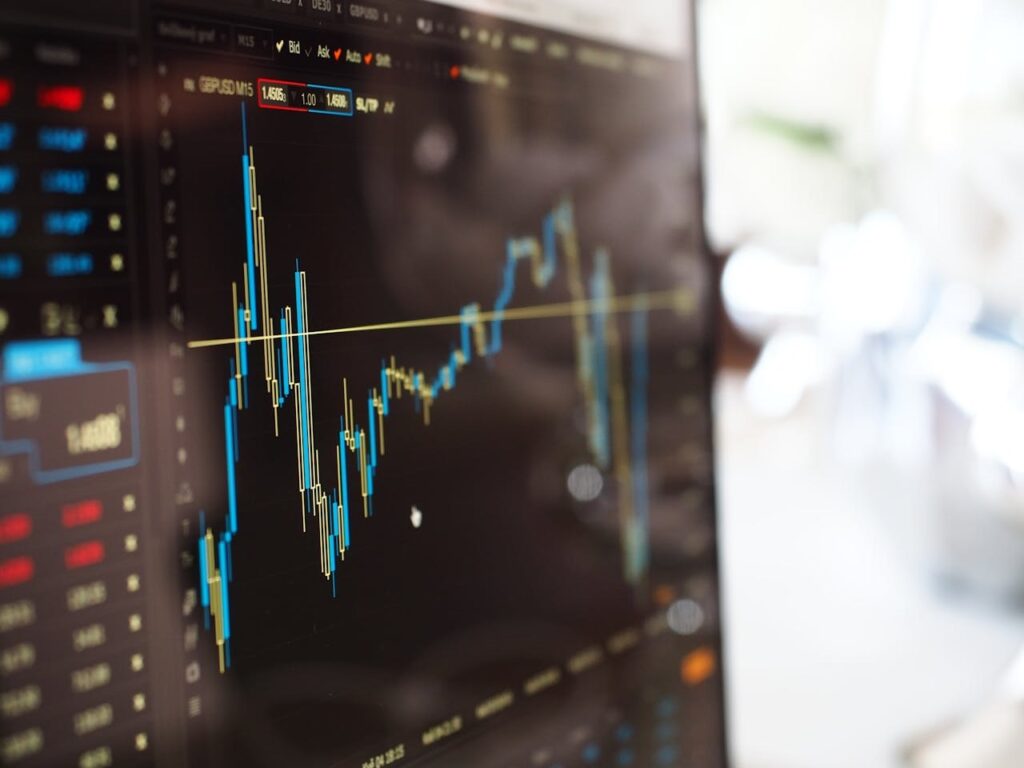Proprietary trading firms, often referred to as “prop trading firms,” have gained significant attention in the financial world. These firms engage in trading financial instruments using the company’s funds rather than client funds. While prop trading can be lucrative, it’s essential to understand some key aspects before diving into this realm. Here are five critical things to comprehend about prop trading firms.
Unique Business Model
What is a prop firm? Proprietary trading firms operate on a distinctive business model where traders use the firm’s capital to execute trades across various financial markets. Unlike traditional investment firms that manage client funds, prop trading firms leverage their resources to generate profits. Traders within these firms are compensated based on their performance, often through profit-sharing arrangements or performance-based bonuses. This model provides traders with access to substantial capital and advanced trading infrastructure, enabling them to pursue trading strategies with higher leverage and potentially higher returns. By utilizing the firm’s capital rather than client funds, prop trading firms can employ more aggressive trading strategies and take advantage of market opportunities with greater flexibility and agility.
Risk Management Practices
Effective risk management is paramount for prop trading firms due to the significant capital at stake. These firms employ sophisticated risk management strategies to mitigate potential losses and preserve capital. Risk parameters are established to limit the amount of capital exposed to individual trades, ensuring that no single position jeopardizes the firm’s overall financial health. Additionally, proprietary trading firms utilize advanced risk assessment tools and algorithms to monitor market volatility, assess portfolio risk, and implement timely risk-adjusted trading decisions. This proactive approach to risk management is essential for sustaining profitability and safeguarding against adverse market conditions.
Access to Advanced Technology
Prop trading firms invest heavily in cutting-edge technology and infrastructure to gain a competitive edge in the financial markets. From high-speed trading platforms to complex algorithms and data analytics tools, these firms leverage technology to execute trades swiftly and capitalize on market inefficiencies. Low-latency connectivity, co-location services, and direct market access (DMA) enable traders to execute orders with minimal delay, exploiting fleeting arbitrage opportunities and executing trading strategies with precision. Moreover, advanced data analytics empower traders to derive insights from vast amounts of market data, enhancing decision-making processes and optimizing trading strategies for maximum profitability.
Specialized Trading Strategies
Proprietary trading firms employ a diverse range of trading strategies tailored to exploit specific market conditions and opportunities. These strategies encompass various approaches, including market making, statistical arbitrage, trend following, and volatility trading, among others. Market making involves continuously providing liquidity by quoting both buy and sell prices for financial instruments, profiting from the bid-ask spread. Statistical arbitrage seeks to capitalize on mispricings between related securities by simultaneously buying and selling correlated assets. Trend-following strategies aim to profit from sustained price movements in a particular direction, while volatility trading strategies seek to profit from fluctuations in market volatility. A prop trading firm in Miami or other areas will specialize in developing and implementing these and other sophisticated trading strategies to generate consistent profits in dynamic market environments.
Competitive Selection Process
Joining a prop trading firm typically involves a rigorous selection process designed to identify skilled and disciplined traders capable of delivering consistent performance. Prospective traders undergo comprehensive evaluations, including assessments of trading knowledge, analytical skills, risk management capabilities, and psychological resilience. Successful candidates may also be required to demonstrate their trading prowess through simulated or live trading competitions. Additionally, many prop trading firms offer training programs and mentorship to nurture talent and refine trading skills. While the selection process can be demanding, it ensures that only the most qualified individuals join the firm, contributing to a culture of excellence and performance-driven success. Furthermore, the competitive selection process fosters a culture of continuous improvement within prop trading firms. Once onboarded, traders are encouraged to participate in ongoing training programs and mentorship initiatives aimed at honing their skills and staying abreast of market developments.
Conclusion
In conclusion, prop trading firms offer unique opportunities for traders to leverage significant capital, advanced technology, and specialized trading strategies to achieve substantial profits in the financial markets. However, it’s essential to understand the intricacies of this industry, including its distinctive business model, robust risk management practices, reliance on advanced technology, specialized trading strategies, and competitive selection process. By grasping these fundamental aspects, aspiring traders can navigate the world of prop trading with confidence and maximize their chances of success in this dynamic and rewarding field.

